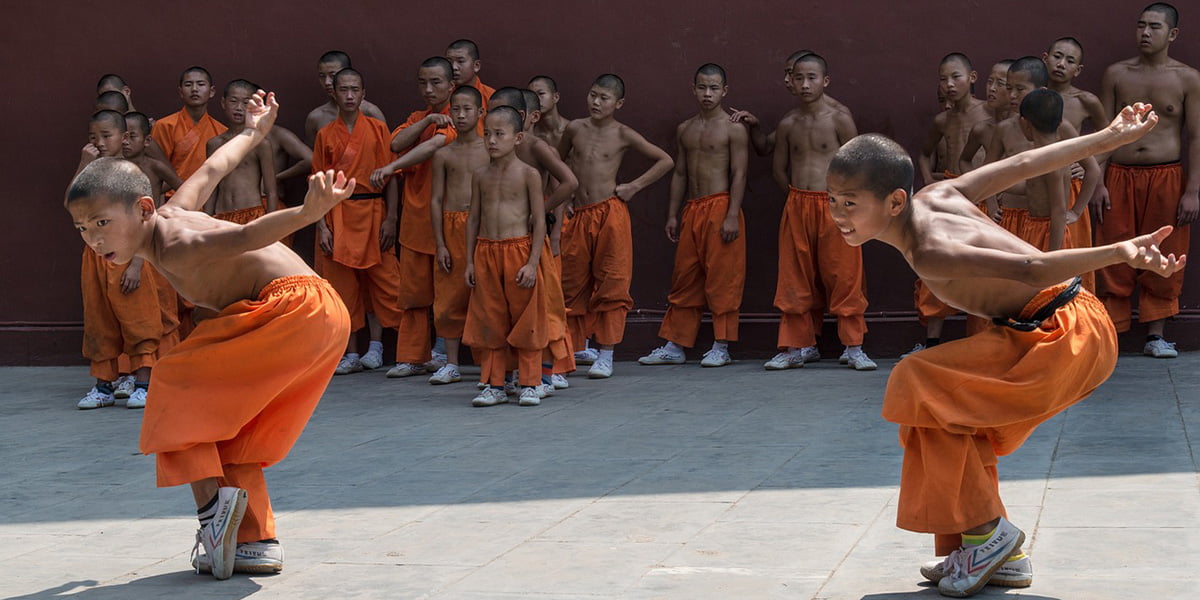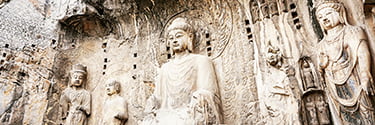Taoism and Confucianism: Embarking on a Philosophical Journey through China
China, a vast realm stretching from the mighty Himalayas to bustling coastal metropolises, has been a crucible of thought, philosophy, and spirituality. For millennia, this great civilization has cultivated profound philosophies, with Taoism and Confucianism standing out as two pillars that have shaped its soul. For travelers venturing into China, exploring these ancient teachings offers an enriching experience, revealing insights into the country’s character and modern societal fabric.
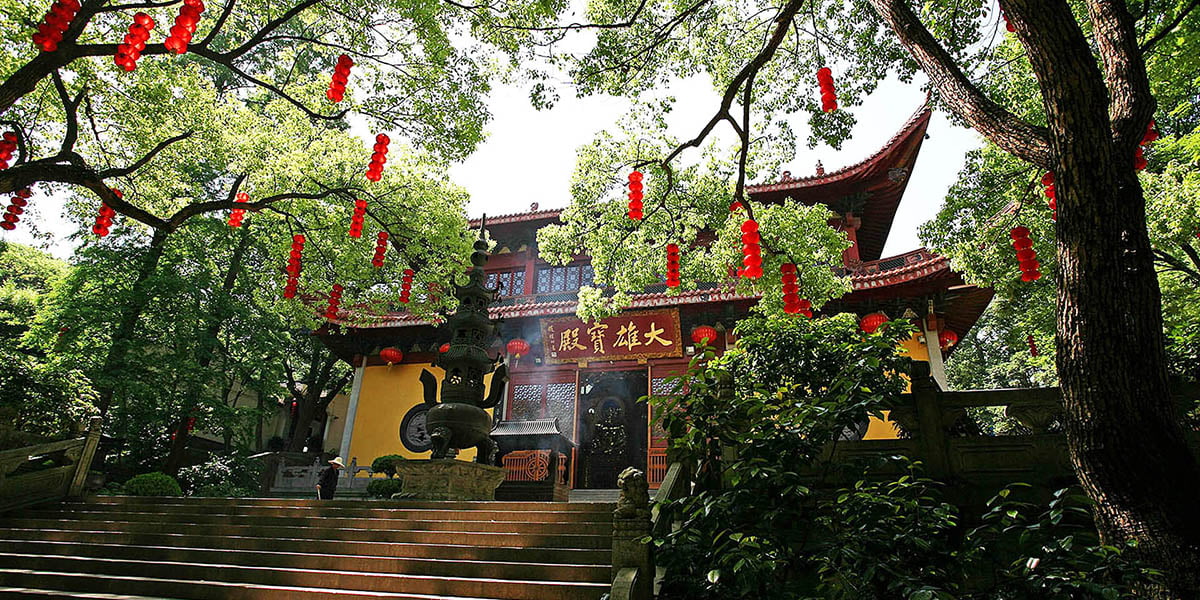
Taoism: The Path of Natural Harmony
Emerging amidst China’s verdant landscapes, Taoism, also known as Daoism, traces its roots to the enigmatic sage Laozi. His foundational text, the Tao Te Ching, written around the 6th century BCE, encapsulates the essence of Taoism. It emphasizes living in harmony with the Tao, an indefinable principle that’s the source of all existence.
Journeying through China, you’ll discover Taoist temples nestling amidst tranquil mountains, with the Qingcheng Mountains in Sichuan standing out. As you ascend its misty peaks, you’re treading paths where Taoism first took root. The tranquil surroundings encapsulate Taoism’s core principles: simplicity, patience, and compassion, as well as the belief in living in sync with nature’s rhythms.

Confucianism: The Way of Virtue and Order
While Taoism seeks harmony with nature, Confucianism emphasizes the harmony of human relationships. Founded by Confucius in the 5th century BCE, this philosophy prioritizes virtues like loyalty, respect, and righteousness. His teachings, chronicled in the Analects, provide insights into moral integrity and societal order.
Visiting Qufu in Shandong, the birthplace of Confucius, transports you to the heart of this philosophy. The grand Temple of Confucius stands as a testament to his lasting legacy, with intricate carvings narrating his life and principles. Exploring this historic city allows travelers to immerse themselves in a living legacy, where rituals, ceremonies, and traditions still echo Confucius’s teachings.
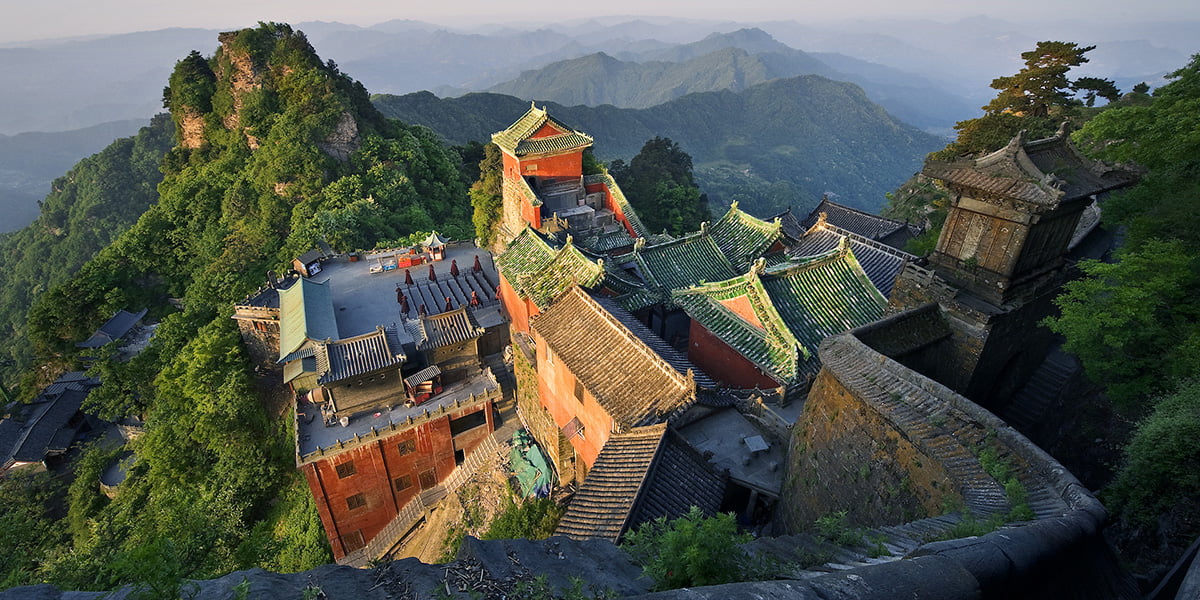
The Interplay in Modern Chinese Society
China’s rapid modernization contrasts intriguingly with its ancient philosophies. Yet, Taoism and Confucianism aren’t relics of the past; they’re dynamic forces shaping contemporary Chinese thought and lifestyle.
Confucianism, with its focus on societal roles and ethics, subtly influences China’s emphasis on education, respect for elders, and communal harmony. Cities like Beijing and Shanghai, with their bustling streets and skyscrapers, still resonate with Confucian ideals in family structures, business ethics, and governance.
Meanwhile, Taoism’s influence is palpable in the Chinese inclination towards balance. Whether it’s the yin and yang symbolism prevalent in art or the practice of Tai Chi in parks, modern society continues to seek equilibrium, reflecting Taoist ideals. The balance between urban development and green spaces in metropolises like Hangzhou, with its serene West Lake, captures this Taoist essence in the midst of modernity.
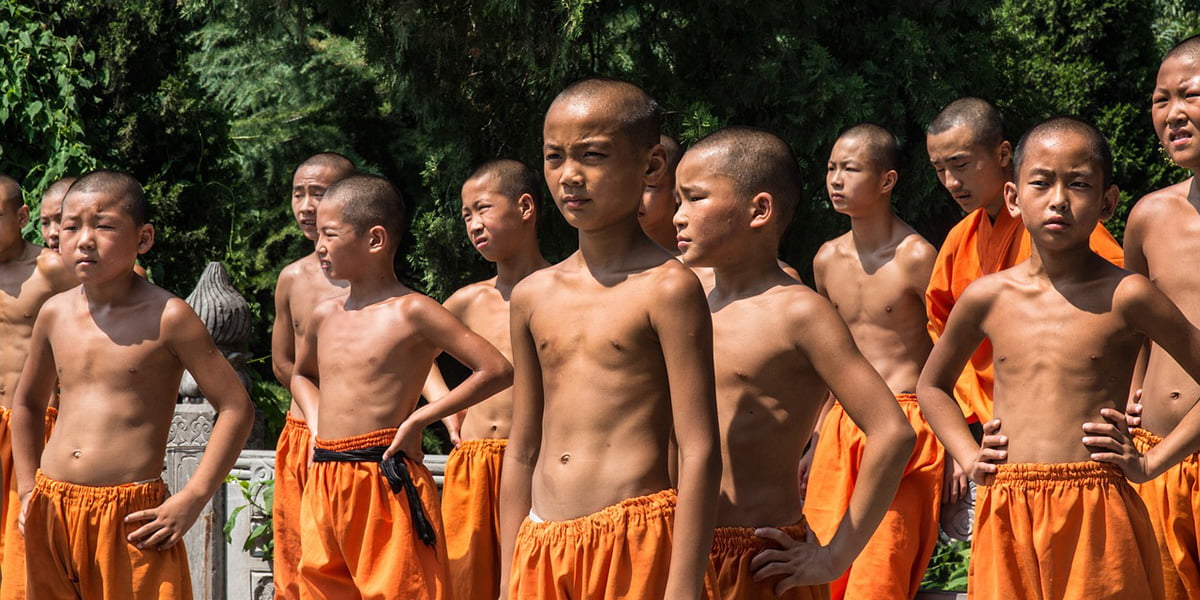
Traveling Through China: A Philosophical Exploration
Embarking on a journey through China, armed with insights into Taoism and Confucianism, transforms travel into a profound exploration. Beyond the tangible – the temples, ancient texts, and rituals – lies the intangible spirit of these philosophies, permeating every aspect of Chinese life.
In the bustling markets of Xi’an, you’ll discern Confucian ethics in the honest dealings of vendors. The majestic Yellow Mountains, with their ethereal beauty, whisper tales of Taoist sages seeking enlightenment. Along the Li River, as you traverse serene landscapes reminiscent of classic Chinese paintings, you’ll experience Taoism’s harmony firsthand.

Intertwined Philosophies, Diverse Experiences
While distinct in their teachings, Taoism and Confucianism have often coexisted, intertwining in various aspects of Chinese life. This is evident in cities like Nanjing, where the Confucian Temple Area, with its historic edifices and bustling markets, sits not far from Taoist sanctuaries that offer solace and tranquility. Traveling through such cities offers a multifaceted experience, revealing the intricate dance between these philosophies.

Embarking on Your Philosophical Journey
China, with its rich tapestry of history, culture, and thought, beckons travelers to embark on a journey like no other. Exploring Taoism and Confucianism not only provides insights into its past but also paints a vivid picture of its present, making sense of the juxtapositions that define modern China.
So, as you plan your voyage through this enchanting land, let Taoism and Confucianism be your guides. Traverse the terrains where these philosophies blossomed, engage with locals to discern their contemporary relevance, and immerse yourself in experiences that bridge the ancient and the modern.
In the end, traveling through China, illuminated by the wisdom of Taoism and Confucianism, becomes more than a mere tour. It evolves into a journey of enlightenment, fostering deeper connections with a land and its people, whose philosophies have for centuries, sought to understand the essence of life, society, and the universe.


